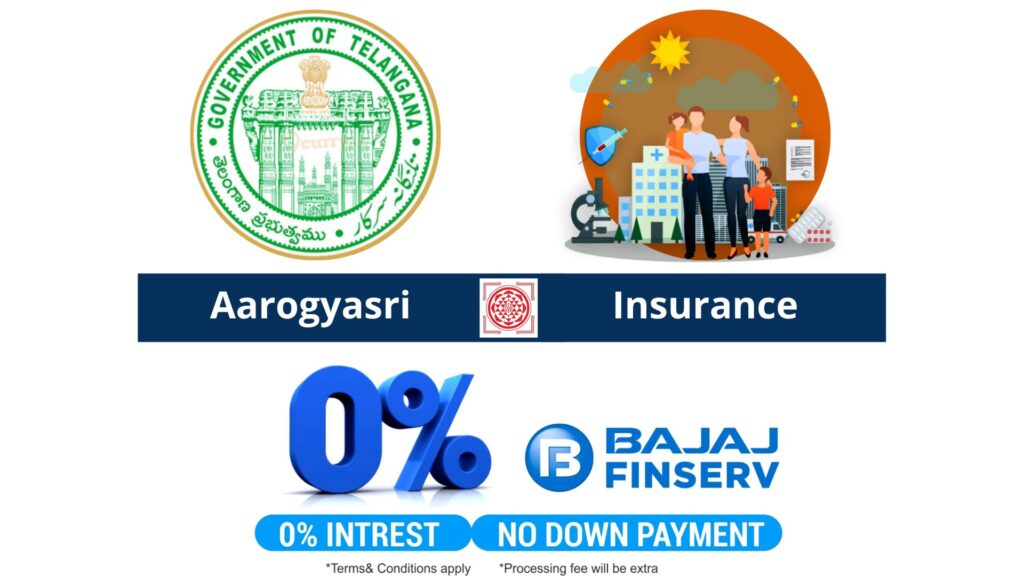
overview
Non-suicidal self-harm, often referred to simply as self-harm, is the process by which you intentionally harm your own body, e.g. B. cut or burn yourself. It is usually not a suicide attempt. Rather, this type of self-harm is a harmful way to deal with emotional pain, intense anger, and frustration.
Self-harm can induce a brief sense of calm and release from tension, followed by guilt and shame, and the return of painful emotions. While life-threatening injuries are usually not intentional, self-harm has the potential to be more serious and even fatal. Self harming treatment in hyderabad
symptom
Signs and symptoms of self harm can include:
- Scars, often in patterns
- Cuts, scratches, bruises, bite marks or other fresh wounds
- Excessive rubbing of an area to cause a burn
- Keep sharp objects close at hand
- Wear long sleeves or long pants even in hot weather
- Frequent reports of accidental injuries
The reasons
There is no single or simple cause that leads someone to harm themselves. In general, self-harm can result from:
Bad coping skills. Non-suicidal self-harm is usually the result of an inability to manage mental pain in a healthy way.
Difficulty dealing with emotions. The person has difficulty regulating, expressing, or understanding their feelings. The mix of emotions that self-harm causes is complex. For example, there may be feelings of worthlessness, loneliness, panic, anger, guilt, rejection, self-hatred, or confused sexuality. Self harming treatment in hyderabad
Risk factors
Most of the people who injure themselves are teenagers and young adults, although those in other age groups do self-harm as well. Self-harm often begins in their teens or early teens, when emotions are more unstable and teens face increasing peer pressure, loneliness, and conflict with parents or other figures of authority.
Certain factors can increase your risk of self-harm, including:
Have friends who harm themselves. People with friends who have deliberately harmed themselves are more likely to hurt themselves.
Life problems. Some people who have harmed themselves have been neglected, have been subjected to sexual, physical, or emotional abuse, or have experienced other traumatic events. They may have grown up staying in an unstable family environment, or they may be young people who question their personal identity or sexuality. Some people who harm themselves are socially isolated.
Mental problems. People who harm themselves tend to be very self-critical and don’t solve problems. In addition, self-harm is often associated with certain mental disorders, such as: B. borderline personality disorder, depression, anxiety disorders, post-traumatic stress disorder, and eating disorders.
Complications
Self-harm can lead to a variety of complications, including:
Love feelings of shame, guilt, and low self-esteem
Infection, either through injury or tool sharing
Permanent scars or disfigurement
Serious injury, possibly fatal
Worsening of the underlying problems and disorders if not adequately addressed
prevention
There is no safe way to stop your loved one from harming themselves. However, reducing the risk of self-harm involves strategies that involve both individuals and communities. Parents, family members, teachers, school nurses, coaches, or friends can help.
Identify people at risk and offer help. A person at risk can learn resilience and healthy coping skills that can be used in times of need.
Promotion of the expansion of social networks. Many people who harm themselves feel lonely and disconnected. Helping someone connect with people who are not harming themselves can help you improve relationships and communication.
Awareness. Learn about the warning signs of self-harm and what to do if you suspect it. Self harming treatment in hyderabad

